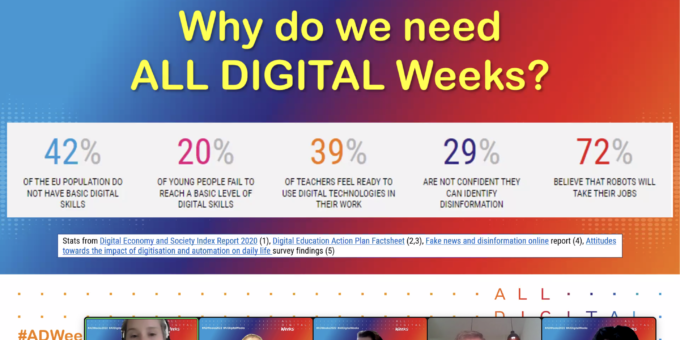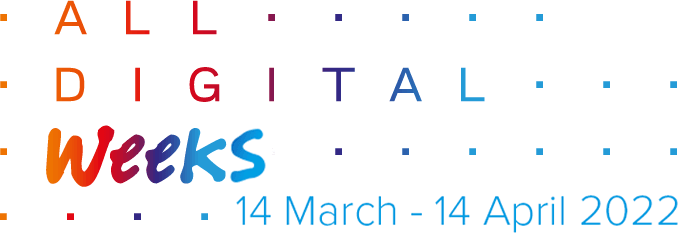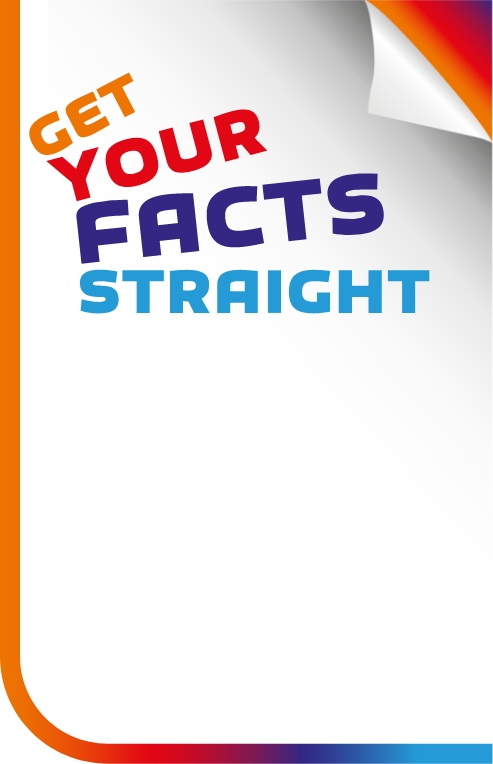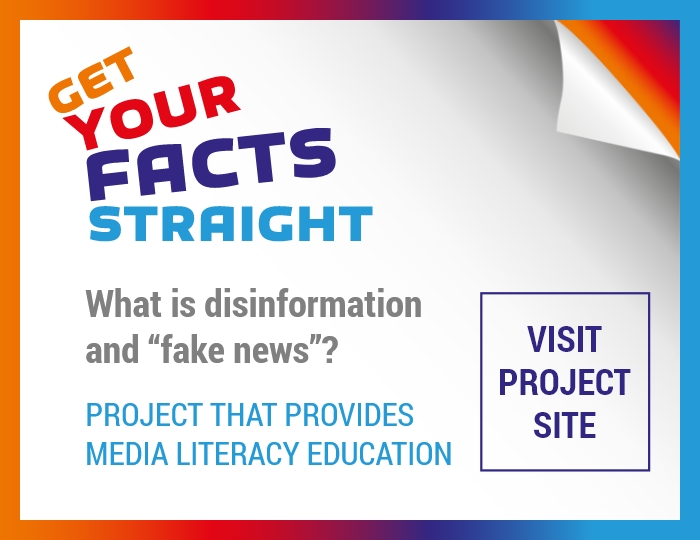
Launch Event – 14.03.2022

The campaign was launched during an online event on the 14th of March, which was rich of insightful speeches delivered by many of our supporters and representatives from European Institutions, policymakers, IT industry and digital education representatives.
The motto of ALL DIGITAL Weeks 2022 campaign was a call to action for all Europeans to take an active part for a better future: ‘’Enhance your digital skills!’’, and it has also been the guiding topic for the launch event.
ALL DIGITAL Weeks 2022 is kindly supported by Microsoft, Huawei, Certiport, and run in strategic partnership with major European organisations: Lifelong Learning Platform (LLLP), Europeana, Media & Learning, OBESSU, European Parent’s Association (EPA), EVBB, European Digital SME Alliance, Diesis Network, European Federation for Intercultural Learning (EFIL).
Watch the recordings of the ALL DIGITAL Weeks 2022 Launch Event.
The European Commissioner for Innovation, Research, Culture, Education and Youth, Mariya Gabriel opened the campaign delivering her keynote speech: “Reflections and policy updates on the DEAP and why the focus on education will strengthen Europe”.

She delivered her speech stressing the current need for digital skills: ‘’There is a clear reason why digital skills are so prominent in the Digital Education Action Plan (DEAP). The figures that we have on digital skills are quiet warning. Since 2015, the share of adults with at least basic digital skills has increased by only two percentage points from 54 to 56%. Yet everyone is going online, and we set the goal in our Digital Decade to reach 80% by 2030. And indeed, one of the most important areas in which we must work, which is directly connected to this goal, are digital skills and media literacy. Because digital skills are not limited to learning about tools and technologies. Digital skills require the critical thinking skills to exercise judgment, analyse complex realities, and ultimately recognize the difference between fiction, opinion, and fact’’. She added ‘’we need women to be able to act upon the digital space and to tackle the gender divide, making sure that everyone’s talent is included in the digital transformation’’. This objective is reflected in the “Girls go Circular” initiative, operated by EIT, where the EC is planning to engage 40,000 Girls in STEM related activities by 2027. Lastly, she reminded ‘’we have the digital education hub, where we want the community of stakeholders including you (ALL DIGITAL), of course, to tackle the challenges we face and make the most of the resources we have’’. She concluded with a positive message and a call to action: “We are at a turning point for the development of digital skills. We need the support of all education and training stakeholders. I count on you to carry on bringing this vision forwards”.

Commissioner Mariya Gabriel was followed by Tony Jin, Huawei’s Chief Representative to the European Institutions, with his keynote speech: “Driving demand-driven skills development to nurture digital talent and bridge the digital divide”. In his speech he highlighted how Huawei will contribute to society: ‘’We will help enhance people’s digital skills by combining the strengths of the European traditional industries with vocational training. We can significantly improve the skills of digital talent across the whole Europe. Huawei’s ICT Academy has already launched the “Learn On” Program and AI Academy to adjust the shortage of ICT specialists. We have offered more than 300 offline and online free courses accessible to all the people including courses to learn about AI. We have helped improve the digital talent curation process, we encouraged schools to integrate digital skills training into their study programs, helping students to acquire digital skills for future employment.’’

The last keynote of the event was Jeremy Rollison’s, Senior Director of European Government Affairs for Microsoft, “Skilling for the future: building a more inclusive skills-based economy”.
He started reviewing the lessons learnt from the pandemic, in particular he recognized that ‘’we saw about two years’ worth of digital transformation in two months. But as we’ve gone through such a difficult two years, we’ve learned a lot about what type of skills are needed, what type of needs businesses have in terms of their digital transformation journeys. We want to make sure that we’re continuing to provide access to the tools and reskilling or upskilling opportunities that are going to be needed to leverage the jobs of the future and support those jobs. Now, for example, we expect close to 150 million tech jobs to emerge by 2025 in areas like software, cybersecurity, AI, and machine learning’’ and added ‘’people want to know what the jobs of the future are going to look like and get the skills that they need to take advantage of some of those opportunities.’’
Besides Europe’s leadership emerging from the pandemic in a more inclusive recovery is certainly something that should be applauded, the European skills agenda, the youth employment support package, and the pack for skills which Microsoft joined in November of 2020. I think these are good examples of where policymakers have recognized some of the needs of the next generation, that have only been reinforced by the pandemic, and opportunities where policymakers can really link up with the private sector to make this more of a reality.
Lastly with regards to the importance of All Digital Weeks’ objectives he highlighted: “Everyone should have the opportunity to be part of Europe’s digital transformation and have access to the skills needed to succeed in our increasingly digital world of work.”

Afterwards, a panel discussion focused on the main themes of the campaign, including the Digital Education Action Plan (2021-2027), exploring its actions and opportunities through the inputs of policymakers, industry representatives and stakeholders in the digital education field. The panel also dealt with relevant topics related to the European Year of Youth, projects, trainings, and actions specifically envisaged to equip young people with the best digital skills to face the challenges of digital transformation.
The panelists were:
- Michael Horgan, Policy Officer, EC DG EMPL
- Giorgia Epicoco, Senior EU Public Affairs Manager, Huawei
- Ciaran Conlon, Director, European Government Affairs, Microsoft
- Giuseppina Tucci, LLLP, President and OBESSU, Secretary General
- Sebastiano Toffaletti, European Digital SME Alliance, Secretary General
- Altheo Valentini, ALL DIGITAL President
Michael Horgan, Policy Officer, EC DG EMPL highlighted how ‘’Digital skills really are at the top of the EU political agenda now, because we realize what how big the challenges are, as the Commissioner mentioned.’’ Besides, he stressed that ‘’44% of the population still has insufficient level of digital skills and this is in a context where over 90% of jobs require some level of digital skills and then we see, of course, collaborative economy, artificial intelligence, robotisation and all these things that require more new skills. So, I would say we really need a huge drive and further investment to upskill people and give them the skills to face the digital transition.’’ He also mentioned some important developments regarding European tools and actions to help with digital upskilling: the Update of DigComp, the European Digital Skills Certification (EDSC), Micro-credentials and Individual Learning Accounts (ILAS), and the recently launched Structured Dialogue on Digital Education and Skills.
Giorgia Epicoco, Senior EU Public Affairs Manager, Huawei provided some views from the Tech industry, stating that ‘’the digital economy is creating a big job market, therefore a big pool of opportunities. However, we’re lacking the ICT specialist so, clearly, there is a serious issue here in communication system between different sectors.’’ The industry has to, for sure, propose and promote educational approaches. We also need public private partnerships led initiatives to ensure that we can promote a training for trainers or training for teachers, and that is something that we highly value within our way through the Huawei ICT Academy.’’ She also mentioned concrete impact reached by her company: ‘’we created an ICT certification system that covers various technical elements: ICT infrastructure certification, platform and service certification, and ITC vertical certification with poverty strength products. We’re talking about more than 200,000 ICT professionals that have been trained by the Huawei ICT Academy, including more than 9000 Huawei certified ICT experts.
Ciaran Conlon, Director, European Government Affairs, Microsoft started describing the situation from a global standpoint ‘’In terms of major initiatives in the skilling space that Microsoft have driven in the last number of years, we had a global skills initiative that was launched immediately off the back of the pandemic. At the moment, as we move to this increasingly digital society, one of the greatest challenges is the cyber-security of our systems and our data. And as a result, Brad Smith, our president, announced a major initiative in the United States to try and skill up 500,000 people with cyber security skills, that initiative is now moving to Europe.’’ He then presented some initiatives at Irish level: the creation of a master’s in digital Policy Studies program (at UCD) in collaboration of the Irish government to train the policymakers about how to approach these often complex and technical issues, or a project called “Labour market polls”, a quarterly initiative that pulls in LinkedIn, economic graph data, and government data from the different enterprise agencies and training skills, bodies within the Irish government, aiming at offering a much richer insight into what’s happening in the labour market, in real time.
Giuseppina Tucci, LLLP, President and OBESSU, Secretary General expressed the civil society position on digital education: ’’Civil society is not only the receiver of the digital technologies and digital education, but it is a co-shaper and co-definer of learning. Today we discussed what are the skills for the future of the jobs and the skills, what are the skills for tomorrow’s future. We cannot do this without participation. We cannot do this without involving the students, the learners, the parents, the families, the communities of the schools, in defining together, what skills we want for tomorrow, because digital technology and digital learning is not only about the skills we get for the labour market, and how prepared we are to working with technology, but also how prepared we are to participate in our technology in a digital world. And to practice democracy in a digital world.’’ She also calls for an engagement of girls and women, from communities in rural areas.
Sebastiano Toffaletti, European Digital SME Alliance, Secretary General backed Tucci’s positions stating that ‘’Civil society needs to be a core shaper of technology and it needs to do so, because technology also helps us practice democracy’’. Besides, ‘’we have to fight for a different world and a different world needs a different technology, a technology which is open, which belongs to the all the citizens of this world’’. Discussing skills, he added that the SMEs companies his association represents currently struggle to find specialised workforce and added ‘’I advise everyone to take an internship in an ICT small and medium sized enterprise or a training program from these companies, because it means you will not only learn to use a tool, a digital tool, you will learn to create a digital tool. We want people that can think they cannot just be users, but shapers of our digital technologies.’’ He lastly presented the creation of a portal called ICT skills and jobs for refugees, by European DIGITAL SME’s members, including ICT job offers from their members and everyone else.
Altheo Valentini, ALL DIGITAL President concluded the session thanking all the speakers for their participation and reminding that ‘’With the ALL DIGITAL Weeks we are really willing to enhance digital skills of all the people not only the European citizens, but everyone who is in Europe, especially in this period, where we have the chance to include many people in need. This is really a call to all our members and everyone who is interested to join us for the next month to celebrate digital skills, to do it in the most inclusive way’’. He then highlighted the 2 main goals that we want to achieve at ALL DIGITAL during the next few years. ‘’Our main concern is to contribute to shaping digital transformation with digital education, in a way that digital skills will be more and more understood and integrated in a transversal way to all the sectors of the society: from the professional development of the person at all possible level to the participation in the inner civic democratic environment. We are supporting our members in equipping the people to achieve these digital skills with confidence. We are also switching from a strategy that is completely focused on the development of basic digital skills to a more complex challenge where the objective is not only to let the people be digitally literate in the digital world, but to let them be aware of how they can then continue to grow and to also transfer these competencies to those who have less tools and less opportunities to really take the most from the digital transformation.”
We wish all the participants in the ALL DIGITAL weeks initiative, great success, fun, and really, we hope that you will enhance your digital skills in any possible way.
Thank you, all supporters, strategic partners, speakers and participants!
To learn more about the campaign – alldigitalweeks.eu


























